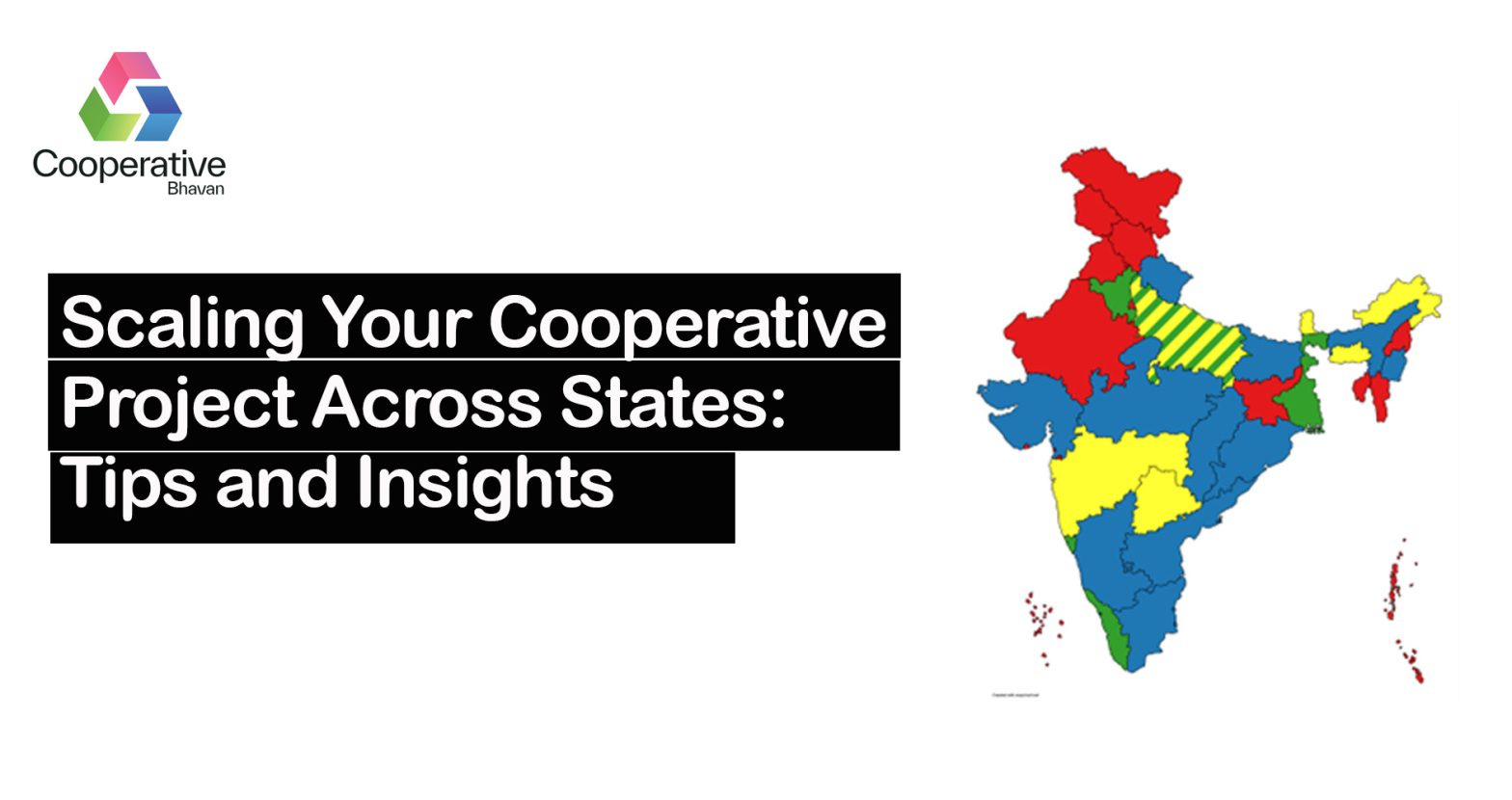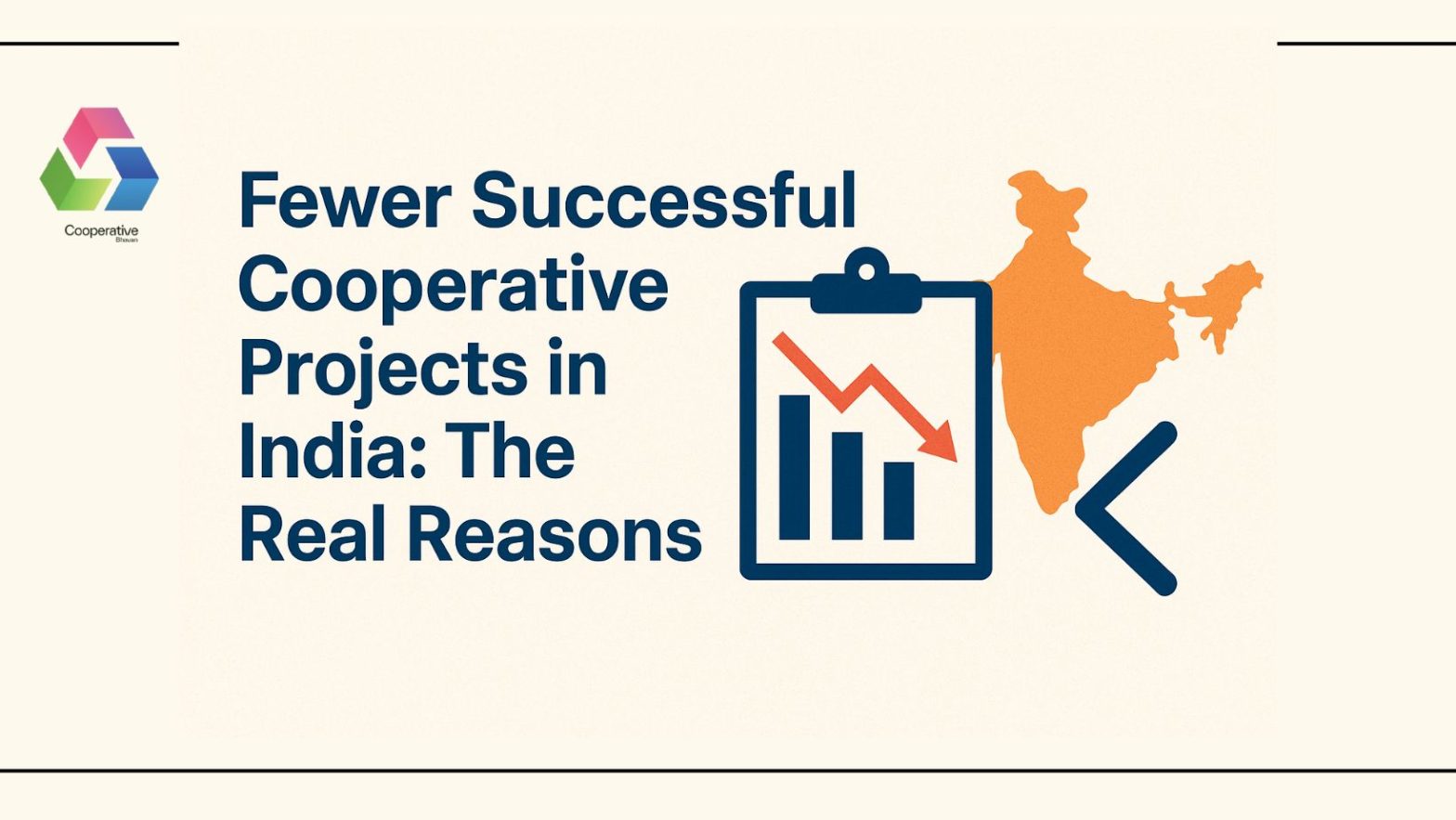Agricultural Cooperatives: Driving Sustainable Farming in India

In the heart of India’s agricultural revolution lies a powerful yet often underappreciated force—farmer-owned agricultural cooperatives. These cooperatives not only empower rural communities but also serve as engines for sustainable farming practices, enhanced market access, and improved pricing power for small and marginal farmers. Today, with increasing focus on climate resilience and rural empowerment, multi-state cooperative societies are emerging as key players in transforming Indian agriculture.
What Are Agricultural Cooperatives?
Agricultural cooperatives are voluntary farmer-owned organizations formed to address common needs such as input procurement, processing, storage, and direct marketing of produce. Through collective ownership and democratic control, these societies provide strength to small-scale farmers who otherwise face exploitation from middlemen and erratic market prices.
How Agricultural Cooperatives Empower Indian Farmers
1. Boosting Market Access
Traditionally, Indian farmers face limited access to competitive markets. Agricultural cooperatives bypass middlemen by enabling direct linkages to buyers, retail chains, and agro-industries. This translates to higher profit margins and reduced wastage.
In Kerala, farmers are increasingly opting for multi-state cooperative society registration to expand their reach across state boundaries. This allows them to sell their produce at better rates and access larger markets.
2. Enhancing Pricing Power
One of the key challenges in Indian agriculture is unfair pricing. Cooperatives aggregate produce from multiple farmers, giving them greater bargaining power in the market. Through credit society registration in Kerala, many farming cooperatives are accessing financial support to store their harvest and sell when prices peak, rather than during glut periods.
3. Building Climate Resilience
With changing climate patterns affecting crop yields, cooperatives play a critical role in training farmers in sustainable practices, promoting climate-smart agriculture, and investing in shared resources like irrigation, storage, and renewable energy systems. These shared facilities improve long-term agricultural sustainability.
Multi-State Cooperatives: A Rising Trend in Indian Agriculture
For cooperatives looking to scale up operations across regions, multi-state society registration in Kerala and other states is a game-changer. By registering under the Central Government multi-state society registration system, these organizations enjoy pan-India operational freedom.
Thanks to support from multistate consulting firms in India, farmers now receive expert guidance on legal structure, documentation, and compliance for Multi-State Cooperatives Registration in Kerala and beyond.
Why Cooperative Models Matter Now More Than Ever
With India’s agri-sector undergoing digital transformation, government schemes and private initiatives increasingly favor organized farmer groups. Agricultural cooperatives are well-placed to:
- Participate in contract farming and e-commerce platforms.
- Access government subsidies and climate finance schemes.
- Invest in shared infrastructure and farm technology.
Start Your Own Cooperative: A Step Towards Sustainable Growth
If you’re a farmer group or agri-entrepreneur looking to start or scale your cooperative, consider the following options:
- Credit cooperative society registration in Kerala for localized funding solutions.
- Multi-state cooperative society registration in Kerala | India for cross-border expansion.
- Consult with reliable multistate consulting firms in India for hassle-free registration and compliance.
Conclusion
Agricultural cooperatives are not just business entities—they are communities of change-makers. By ensuring better incomes, sustainable practices, and climate resilience, they are shaping the future of Indian agriculture. And with the right registration and support, they can transform farming into a thriving, future-ready enterprise.








































 Mail
Mail  Booking
Booking
 Call
Call